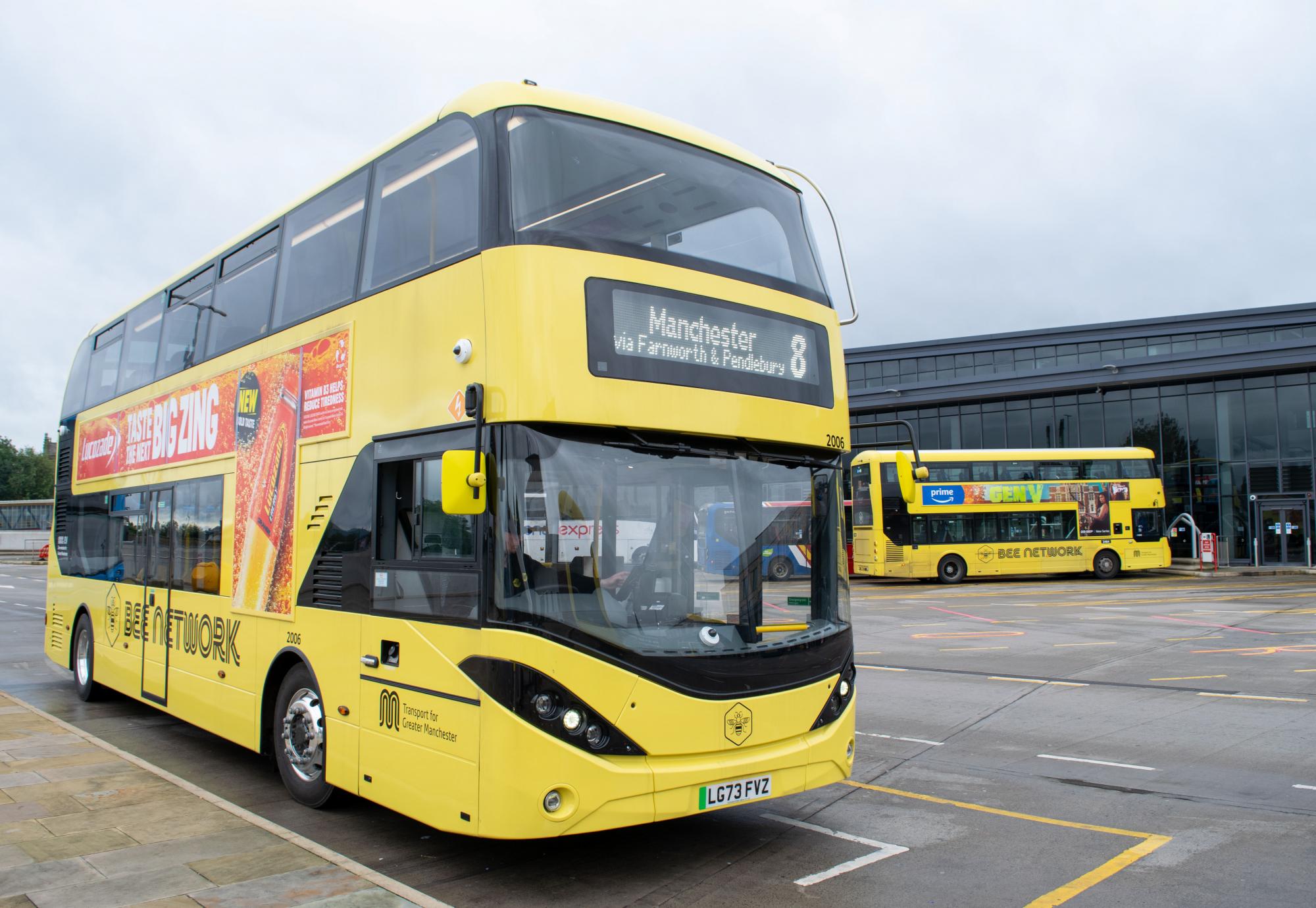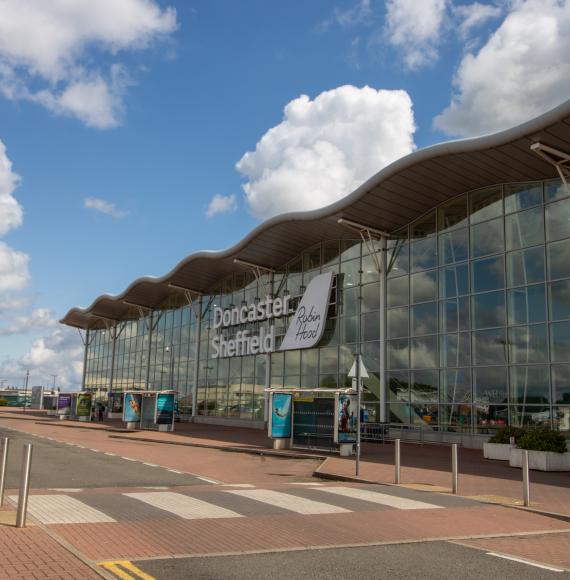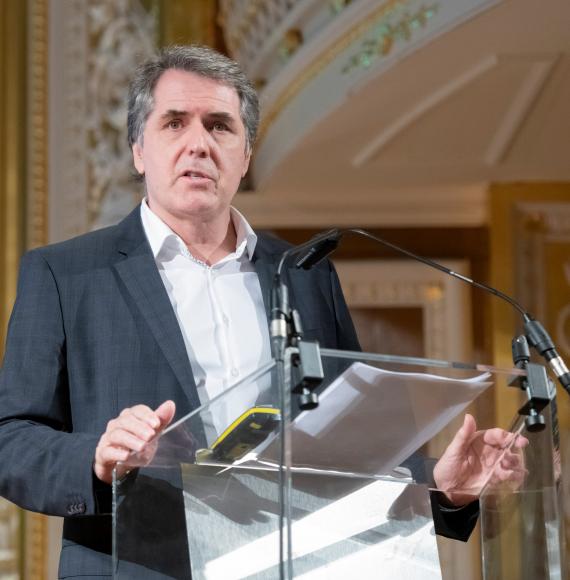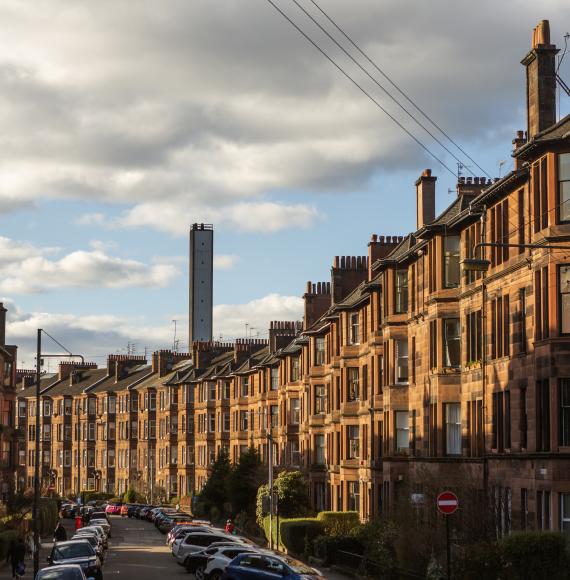Transport for Greater Manchester is celebrating the first anniversary of its pioneering Bee Network.
Launching a year ago, the network saw buses around Greater Manchester brought back under public control for the first time in almost four decades, and has led to more than 58 million bus journeys being made on the cheaper, cleaner and more reliable buses. The first stage of the rollout came in Wigan, and parts of Bolton and Bury, whilst Oldham, Rochdale, and north Manchester were added this year. The remaining 253 services will be added to the network at the beginning of 2025.
The drive to bring buses under local control across Greater Manchester comes as part of work to grow the economy by giving people a better public transport offering as they travel to education, leisure and work. The network is also being better integrated with active travel and other public transport options, whilst also allowing for an expansion of the city region’s housing stock and tackling the housing crisis.
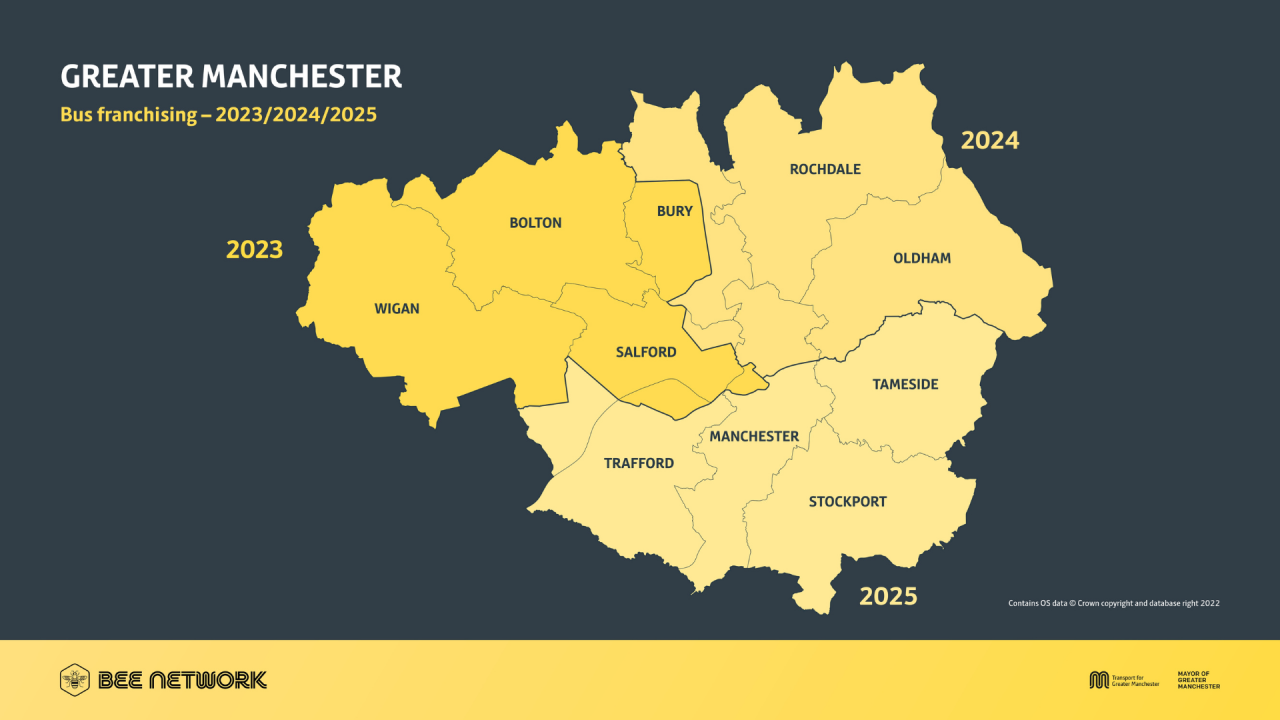
Andy Burnham, Mayor of Greater Manchester, said:
“A year ago, we made history as the first area to bring our buses back under local control in almost 40 years. Today, we can see the progress we’ve made, with bus services now cleaner, cheaper and more reliable than before and record numbers of passengers using the Bee Network.
“The age and standard of our buses is better than ever, we’ve more staff, we’re keeping fares low and have launched more night buses for those working in our nighttime economy.
“The Bee Network is also delivering new jobs and apprenticeships both here in Greater Manchester and across the UK. And having control of our buses also means we can fund free bus travel for 16 to 18-year-olds. So, the cost of a bus ticket need not be a barrier to work or study opportunities.
“As our pioneering Bee Network goes from strength to strength, it’s no surprise that others are looking to follow in our footsteps and that local control of buses is now a major national policy.”
A number of key improvements have been made thanks to the decision to bring bus services under the control of local leaders, with many being unable to have been made under the old system. Some of the main improvements include:
- Lower fares
- More people travelling by bus
- More buses running on time
- 24-hour routes
- Increased safety measures
- More jobs created through contracts
Secretary of State for Transport Louise Haigh also commented:
“Greater Manchester has been a pioneer in the effort to deliver better buses. Just one year on from its launch, the Bee Network has become a model for reliable, affordable and integrated public transport services.
“That’s why I made sure my very first official visit as Transport Secretary was to see the brilliant Bee Network in action.
“This Government is committed to ensuring these same successes are replicated across the country, by breaking down barriers to delivering better buses and giving local leaders the tools they need to deliver for their communities.”
Image credit: Transport for Greater Manchester

